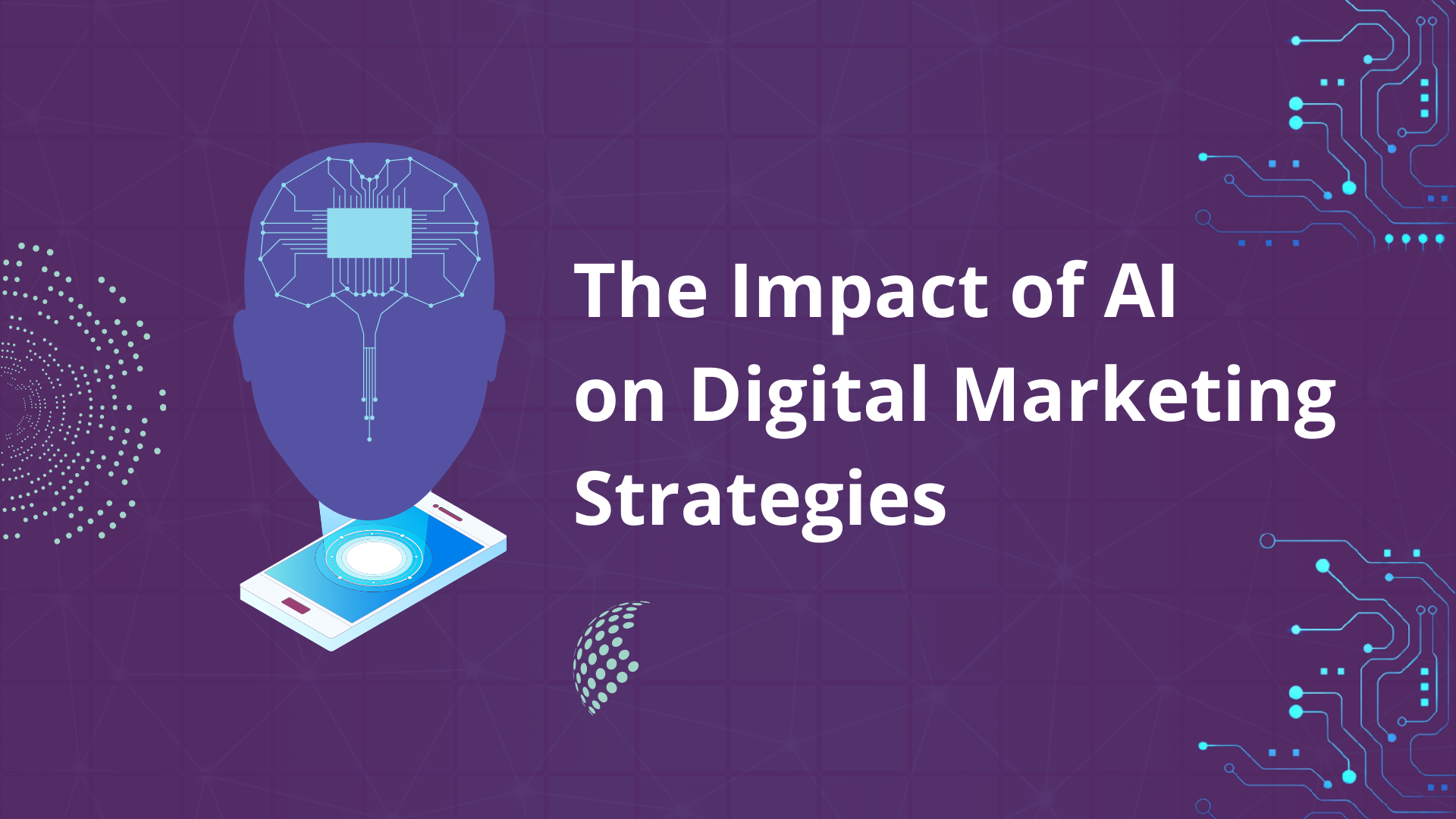Revolutionizing Advertising: AI’s Role in Marketing
In today’s digital age, the world of advertising has undergone a significant transformation, thanks to the rapid advancement of artificial intelligence (AI). AI has revolutionized the way companies approach marketing strategies, making them more targeted, personalized, and efficient than ever before. This article will explore how AI is shaping the evolution of digital marketing and revolutionizing advertising as we know it.
One of the most significant ways AI is making an impact on marketing is through data analysis. With the abundance of data available online, companies can now use AI algorithms to analyze consumer behavior, preferences, and trends to create targeted advertising campaigns. This allows companies to deliver personalized content to their target audience, increasing the likelihood of engagement and conversion.
AI-powered algorithms also play a crucial role in optimizing advertising campaigns in real-time. These algorithms can analyze data and adjust ad placements, budgets, and targeting parameters to maximize ROI. This level of automation and optimization would be impossible to achieve manually, making AI an invaluable tool for marketers looking to drive results.
Furthermore, AI has also revolutionized the way companies approach customer service and engagement. Chatbots powered by AI can provide instant responses to customer inquiries, improving customer satisfaction and building brand loyalty. These chatbots can also gather valuable data on customer preferences and behavior, allowing companies to tailor their marketing strategies accordingly.

Image Source: starling.social
Another way AI is shaping marketing strategies is through the use of predictive analytics. By analyzing patterns in data, AI algorithms can predict future trends and consumer behavior, allowing companies to stay ahead of the curve and adapt their strategies accordingly. This proactive approach to marketing can give companies a competitive edge in a rapidly evolving digital landscape.
AI is also revolutionizing the way companies approach content creation. With the help of AI-powered tools, companies can generate personalized content at scale, saving time and resources while delivering relevant and engaging content to their audience. This level of personalization can drive engagement and build brand loyalty, ultimately leading to increased sales and revenue.
In conclusion, AI is playing a crucial role in revolutionizing advertising and shaping the evolution of digital marketing. From data analysis and optimization to customer engagement and content creation, AI is transforming the way companies approach marketing strategies, making them more targeted, personalized, and efficient. As AI continues to advance, we can expect to see even more innovative and impactful applications in the world of advertising and marketing.
From Traditional to Digital: How AI is Transforming Strategies
In the ever-evolving world of marketing, the shift from traditional to digital strategies has been monumental. With the rise of artificial intelligence (AI), businesses are finding new and innovative ways to reach their target audience and drive results. AI is not only transforming the way marketing campaigns are created and executed, but it is also shaping the overall strategy behind these campaigns.
Traditionally, marketing strategies relied heavily on mass media advertising, such as television commercials, radio ads, and print advertisements. While these methods were effective in reaching a wide audience, they often lacked the personalization and targeting capabilities that are now possible with AI. With the advent of digital marketing, businesses have the ability to reach specific groups of people based on their interests, behaviors, and demographics.
One of the key ways AI is transforming marketing strategies is through the use of data analysis. By collecting and analyzing data from various sources, such as social media, website interactions, and customer feedback, businesses can gain valuable insights into their target audience and tailor their marketing efforts accordingly. AI algorithms can then use this data to predict consumer behavior, optimize ad targeting, and even automate the delivery of personalized content.
Another way AI is shaping marketing strategies is through the use of chatbots and virtual assistants. These AI-powered tools can engage with customers in real-time, providing them with personalized recommendations, answering their questions, and even completing transactions. This not only enhances the customer experience but also allows businesses to provide round-the-clock support without the need for human intervention.
Furthermore, AI is revolutionizing the way businesses approach content creation and distribution. With the help of AI-powered tools, businesses can now automate the process of creating and optimizing content for different channels, such as social media, email, and websites. This not only saves time and resources but also ensures that content is tailored to the preferences of the target audience.
In addition to these advancements, AI is also playing a crucial role in shaping the future of advertising. With the rise of programmatic advertising, businesses can now automate the buying and selling of ad space in real-time, based on factors such as audience targeting, ad placement, and budget constraints. This not only streamlines the advertising process but also ensures that ads are shown to the right people, at the right time, and in the right context.
Overall, the evolution of digital marketing has been greatly influenced by the rise of AI. From data analysis and personalization to chatbots and programmatic advertising, AI is transforming the way businesses approach marketing strategies. By harnessing the power of AI, businesses can create more targeted, personalized, and effective marketing campaigns that drive results and engage customers in new and innovative ways.
The Impact of AI on Digital Marketing Strategies